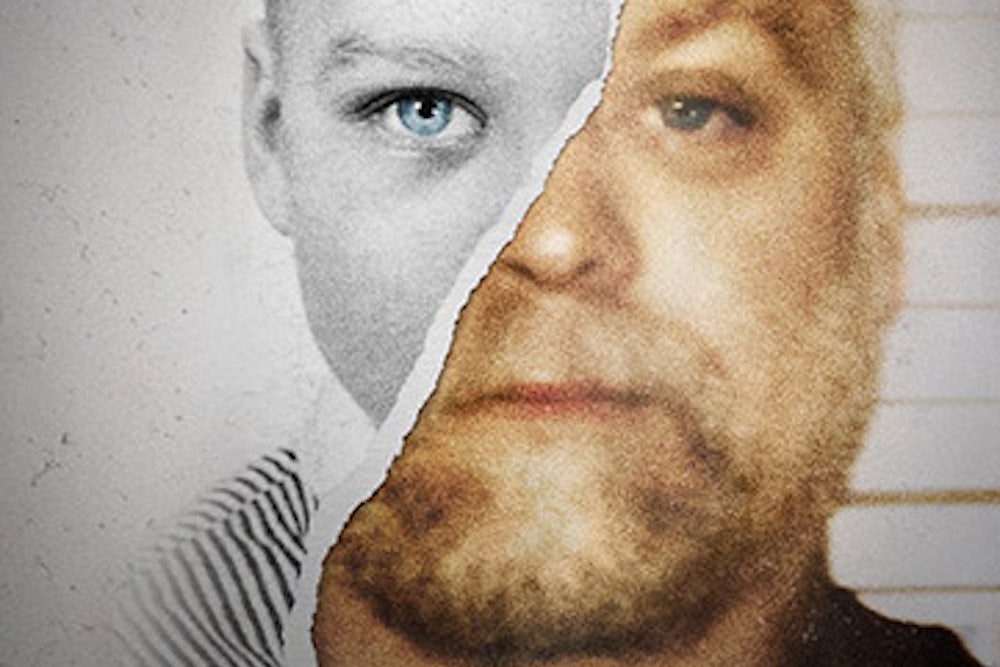The Netflix documentary series is about the Job-like trials of Steven Avery, who is dubiously charged with murder after being exonerated of a rape conviction that led to his wrongful imprisonment for 18 years. In its portrayal of a corrupt small-town police force in Wisconsin, of the smug incompetence of prosecutors and court-appointed attorneys who could have walked off the set of a Coen Brothers movie, of just jaw-dropping injustice at every turn, it will have you yelling at the screen—and quickly hitting play on the next episode.
Like all courtroom dramas, Making a Murderer is also about the slippery nature of the truth. Two heroes who emerge are Avery’s lawyers—Jerry Buting and Dean Strang—who sift through decades of evidence to construct an entirely different narrative than what has been put forth by the prosecution and parroted by the media. This is also what the directors, Laura Ricciardi and Moira Demos, are trying to do, using an astonishing wealth of material, from taped phone calls to on-the-scene footage. While the documentary flows with seamless ease, it also calls attention to the fact that it was painstakingly created out of these bits and pieces.
I still have three episodes left, and I have a sinking feeling things won’t go well for Avery. But what this series shows is that the truth is not at all self-evident; rather it must be conceived and conveyed. It is, as Ursula Le Guin writes, a matter of the imagination.
